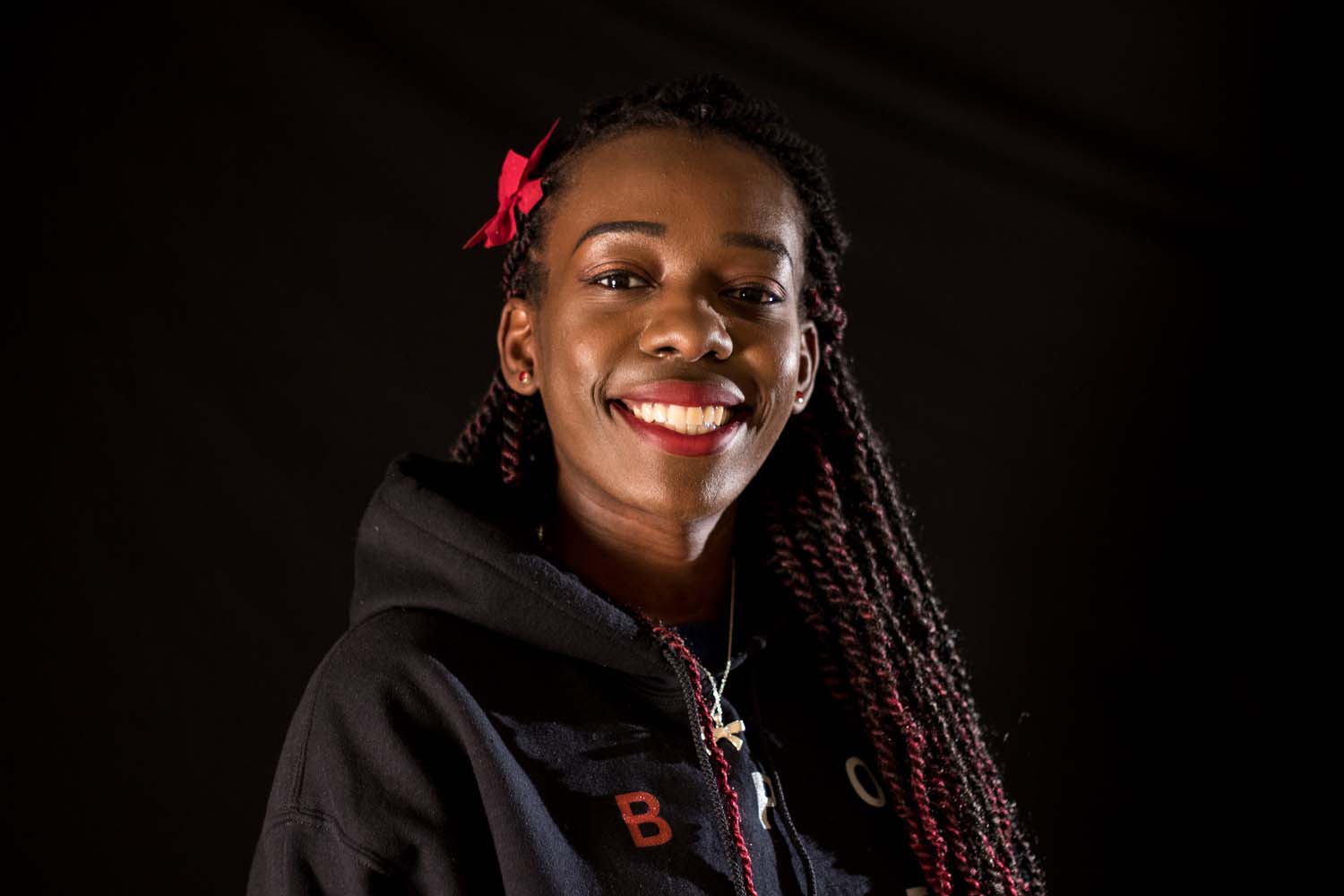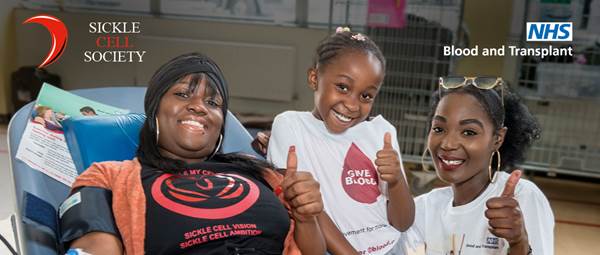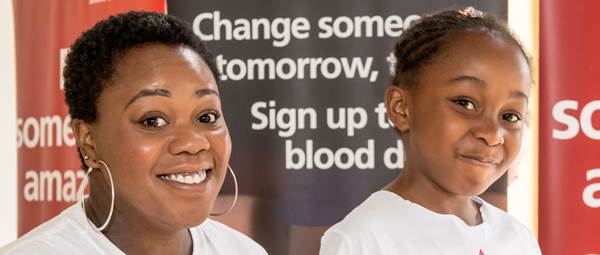This Sickle Cell Awareness Day, NHSBT is urging more black people to register as blood donors
This World Sickle Cell Awareness Day (Friday 19th June), NHS Blood and Transplant is urging more black people to register as blood donors to help save and improve the lives of sickle cell patients.
Sickle cell primarily affects people from African and Caribbean communities. There are approximately 15,000 people in the UK who have sickle cell and it is the fastest growing genetic disorder in the UK, with approximately 300 babies born with the disorder each year.
Did you know?
- Sickle cells are crescent shaped red blood cells. These abnormal cells can get stuck in blood vessels causing extreme pain. This is known as a sickle cell crisis.
- Sickle cell disorder is inherited from both parents. Sickle cell trait is inherited from one parent.
- Blood transfusions help to prevent or relieve the painful symptoms and complications.
- If you have sickle cell trait, you can still donate blood.

People from black African, black Caribbean and mixed heritage backgrounds are more likely to have the rare Ro blood subtype that is vital for sickle cell patients. More black people are becoming regular donors, but there is still a shortage which makes it harder to find the best matched blood for black patients.
Mary's story
Mary Adeturinmo was diagnosed with sickle cell disease before she was born. It was no great surprise to her family because both her mum and her sisters have the condition, and her dad carries the trait.
 Mary experienced her first sickle cell crisis when she was 19, and since then she has had a crisis almost every month. Mary explains: “A sickle cell crisis and the chronic pain experienced with sickle cell can play out a weird war with each other. So, the most effective treatment for me was to have regular blood exchanges.”
Mary experienced her first sickle cell crisis when she was 19, and since then she has had a crisis almost every month. Mary explains: “A sickle cell crisis and the chronic pain experienced with sickle cell can play out a weird war with each other. So, the most effective treatment for me was to have regular blood exchanges.”
As someone who relies on regular donations, Mary says: “I also want to raise awareness amongst the black community of how the best treatment for me is blood ideally from someone with a similar ethnic heritage. I have seen the adverse effect of blood that isn’t the ideal match and I think that if people were aware of these issues, they would be more inclined to try and help.
Mary studied architecture at the University of Kent in Canterbury and despite the challenge of living with her condition, she managed to complete her degree.
She says that coming from a family of sickle cell sufferers, the emotional support she receives is amazing because her family know exactly what she is going through. However, it can be very difficult in practical terms if they are all ill at the same time.
“I think giving blood is a completely selfless act because you are doing something that in most cases, will benefit a complete stranger. I am so thankful to anybody who has ever donated blood that I have been treated with.”
You never know when you or a member of your family might need blood, so it’s really important that if you are able to give blood, you shouldMary
Help us promote sickle cell awareness by downloading and sharing our social media materials.
You can register to be a blood donor today - each donation saves or improves up to three lives.


